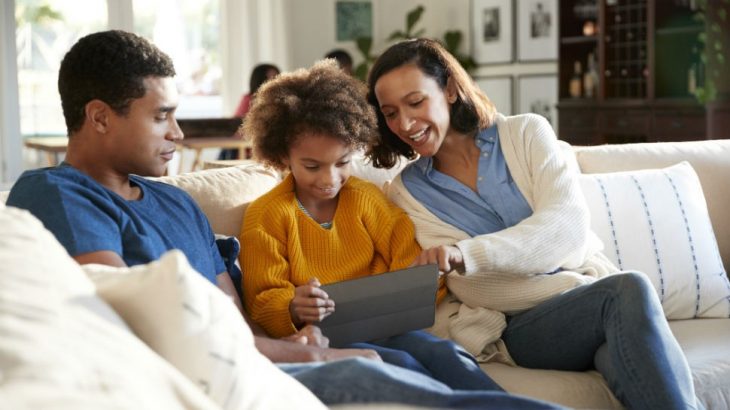Suddenly Homeschooling
Over fifty million students attend public schools in the U.S. Over half of those are home due to the COVID19 virus school closures. Likely, this number will rise over the next few weeks. Parents homeschooling in a pandemic face a job they didn’t ask for and haven’t had time to prepare for. So here are some thoughts on sudden homeschooling from my perspective as an educator and a retired homeschooler.
First, Do No Harm
Children respond to emotions. If a parent disciplines a child with anger, the child often remembers that Mommy is mad, not the misbehavior. Likewise, our present pandemic challenges parents to explain things like physical distancing and viral infection without sounding anxious. The tone of voice and body language that convey a calm, thoughtful approach and emphasize problem-solving reassure children that we’ll get through this together. Making a game of the need to wash hands more and visit friends using FaceTime will lighten the mood and help children adapt to our temporary normal. Children can and do experience trauma based on how their parents communicate the situation. So first, attend to the child’s emotional needs. Only then is it time to think about a learning plan to replace school.
Recognize the Opportunity
Homeschooling in a pandemic offers an opportunity to do school differently. Children who hate school get a break! The pressure to earn grades and take tests goes away. Please don’t re-create this pressure at home; it does not enhance learning! Students at home gain time to explore subjects of interest they may not get at schools, such as art, music, or dance. Students with dyslexia can experiment with different tools which may facilitate a breakthrough, making school work better for them when they go back.
Keep it Simple
Now let’s get down to the homeschooling part. You don’t need to cover everything your student would have learned at school. Massive classroom disruption means schools will have to pick up the pieces later. Some students have access to the internet and computers, but some don’t. Teachers make incredible efforts to offer online classes. The response of teachers has been nothing short of heroic! But, parents are in charge now and must decide what’s best for their children. That means using the online resources from the school IF it helps and feels right for your child. It may mean not trying to work with an online class that glitches or frustrates you and your child. It may mean following your own path, suited to helping your child learn and grow emotionally. You can find a simple homeschool plan that adapts to all ages here.
Look for the Helpers
Like Mr. Rogers told us, look for the helpers. A phone call or email puts you in touch with retired or practicing homeschoolers who can hardly wait to help. Many towns have homeschool coops or clubs, both secular and religious. Start asking friends and googling to see what you can find. Since the contact will be virtual while homeschooling in a pandemic, they don’t have to be local.
Homeschooling usually isn’t this Isolated!
Most homeschoolers don’t stay home. They are out in the community. You find them volunteering at the soup kitchen, studying at the library, taking notes in the museums, going to music or gymnastics, and meeting their book club. For homeschooling in a pandemic, the long-term homeschoolers must adjust as well. However, they possess knowledge of what works and what doesn’t, and they are eager to share how to approach home-based education with different ages and personalities. Isolation increases anxiety and loneliness. I recommend that both veteran homeschoolers and sudden homeschoolers reach out — virtually — and do this together.
It’s OK to Enjoy this Change. Really.
Even with the stress of lost work hours, childcare concerns, and general anxiety, time at home with your child lends itself to special time together. Relax as much as possible. Treasure extra time with your children. Make it a happy time. Discovering new ideas and knowledge together builds stronger relationships, and that’s way more important than test scores or grades! So take time to play Monopoly, go for long hikes, or watch movies. Even play video games with them. It’s perfectly OK!
by Yvonna Graham, M.Ed.
www.dyslexiakit.net
@GrahamYvonna
One fabulous resource for homeschooling is audiobooks! You can find free classics to download at Librivox. Audible offers newer titles professionally read for $15/mo. Learning Ally provides textbooks for kids with dyslexia diagnosis. And best of all, your public library will lend audiobooks!
